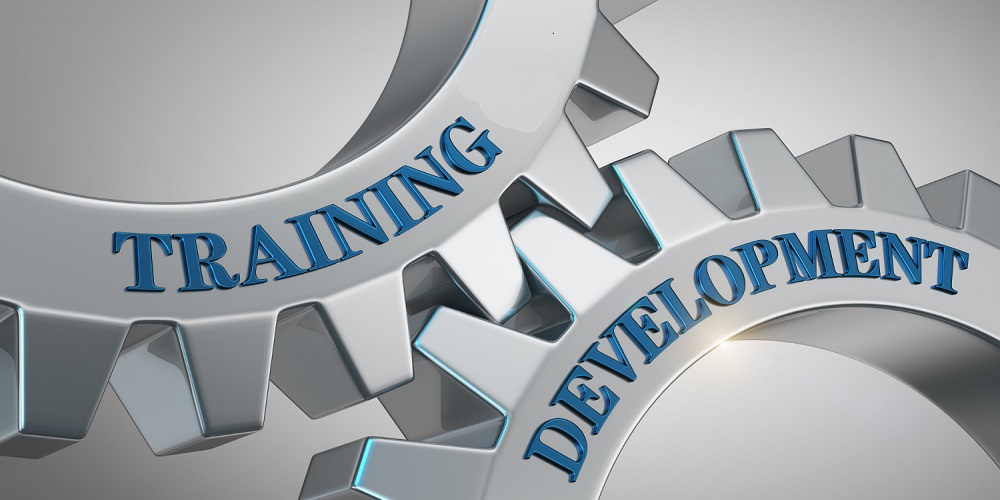
The training period serves as a pivotal bridge between theoretical education and practical application, summarizing academic study and facilitating the transition to hands-on experience in various training environments that may eventually resemble future workplaces. Numerous esteemed health facilities place substantial emphasis on this training phase, often scrutinizing it more closely than the overall academic performance or final grades. Some establishments even reach out to training centers before considering job applications, inquiring specifically about the candidate's discipline, responsibility, and commitment demonstrated during their training. This inquiry is crucial, as the training period is regarded as a genuine assessment of a student's capabilities, reflecting real-world conditions rather than merely theoretical knowledge. In light of this understanding, it becomes imperative for students to embody a range of professional ethics during their training. Among these, honesty stands out as a cornerstone value. Moreover, students should strive for a high level of proficiency in their designated tasks, coupled with a seriousness of purpose that drives their career aspirations. Attributes such as perseverance and sincerity are essential, as they contribute to the ability to navigate challenges and overcome obstacles in a real-world environment.
Additionally, discipline within the training setting fosters mutual respect among peers and supervisors alike, which is vital in any professional context. Patience and an unwavering commitment to time management are equally important, ensuring that students can meet deadlines and fulfill their responsibilities effectively. Collectively, these qualities will not only lead to optimal results for the students themselves but will also enhance their reputation, reflecting positively on their department, college, and university. In this way, the success and exemplary performance of a student during their training period can bring honor and distinction to their entire academic institution.
- Collect information on appropriate training entities, make the necessary contacts with them, and continuously update the list of training entities.
- Do the administrative procedures to facilitate the student training.
- Prepare the induction file for each student.
- Follow up with students during their training, evaluate them, and help them resolve problems encountered during training.
- Evaluate reports submitted by students and training persons after completion of training.
- Termination of training procedures.
- Evaluate training bodies according to their training programs and their seriousness and take students' views.
- Follow-up academic supervisor's communication with students and training parties.
- Provide advice and support to academic supervisors and trainers if a dispute arises during training.
- Prepare an annual report outlining the program's achievements, constraints and gains, and recommendations for improving training.